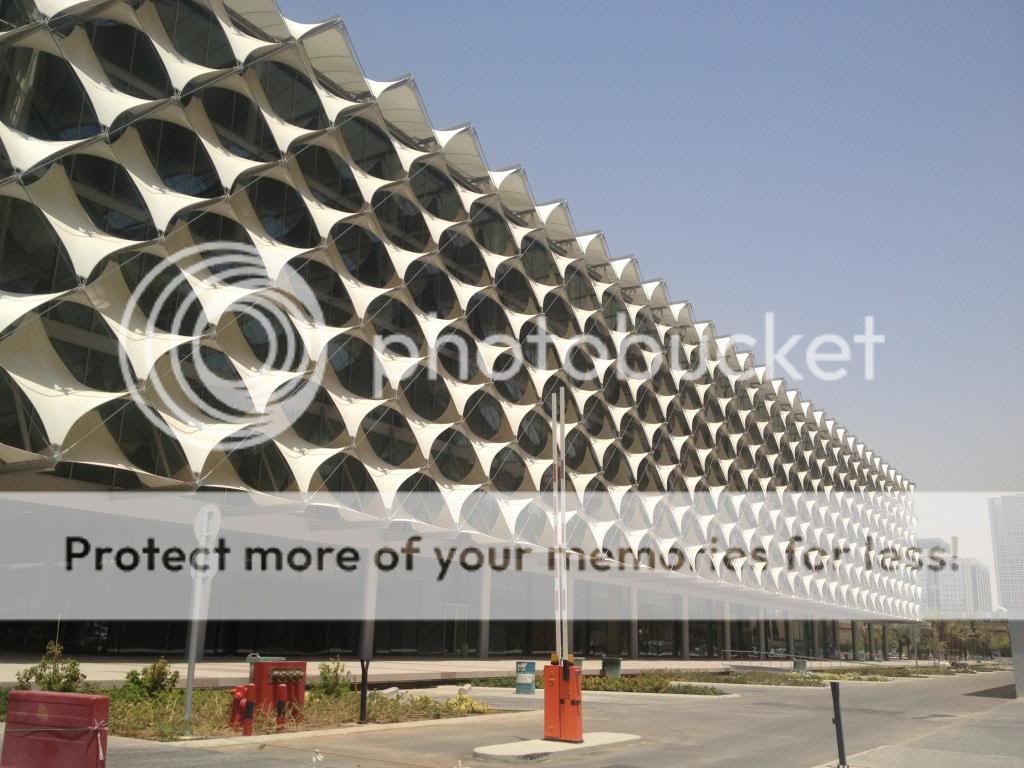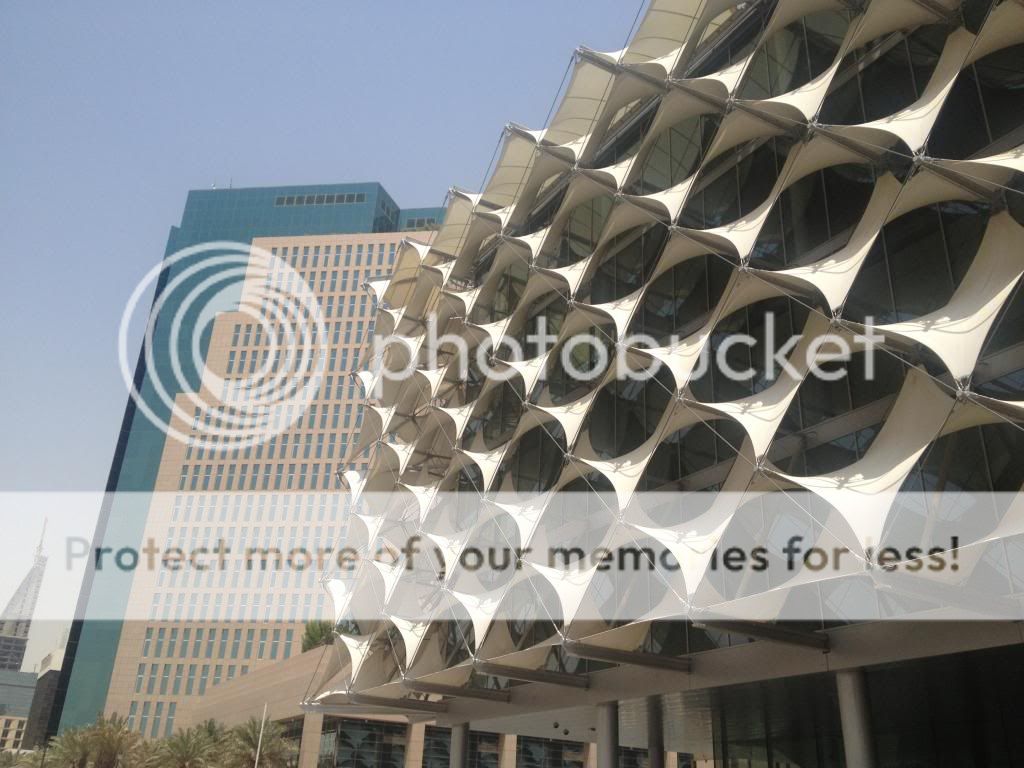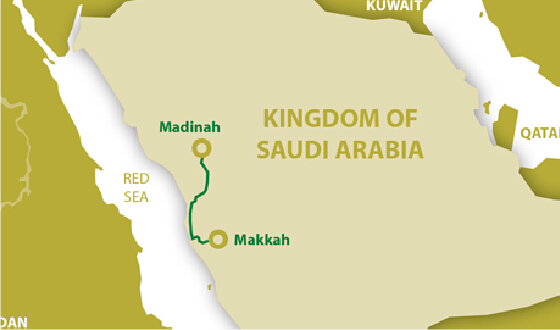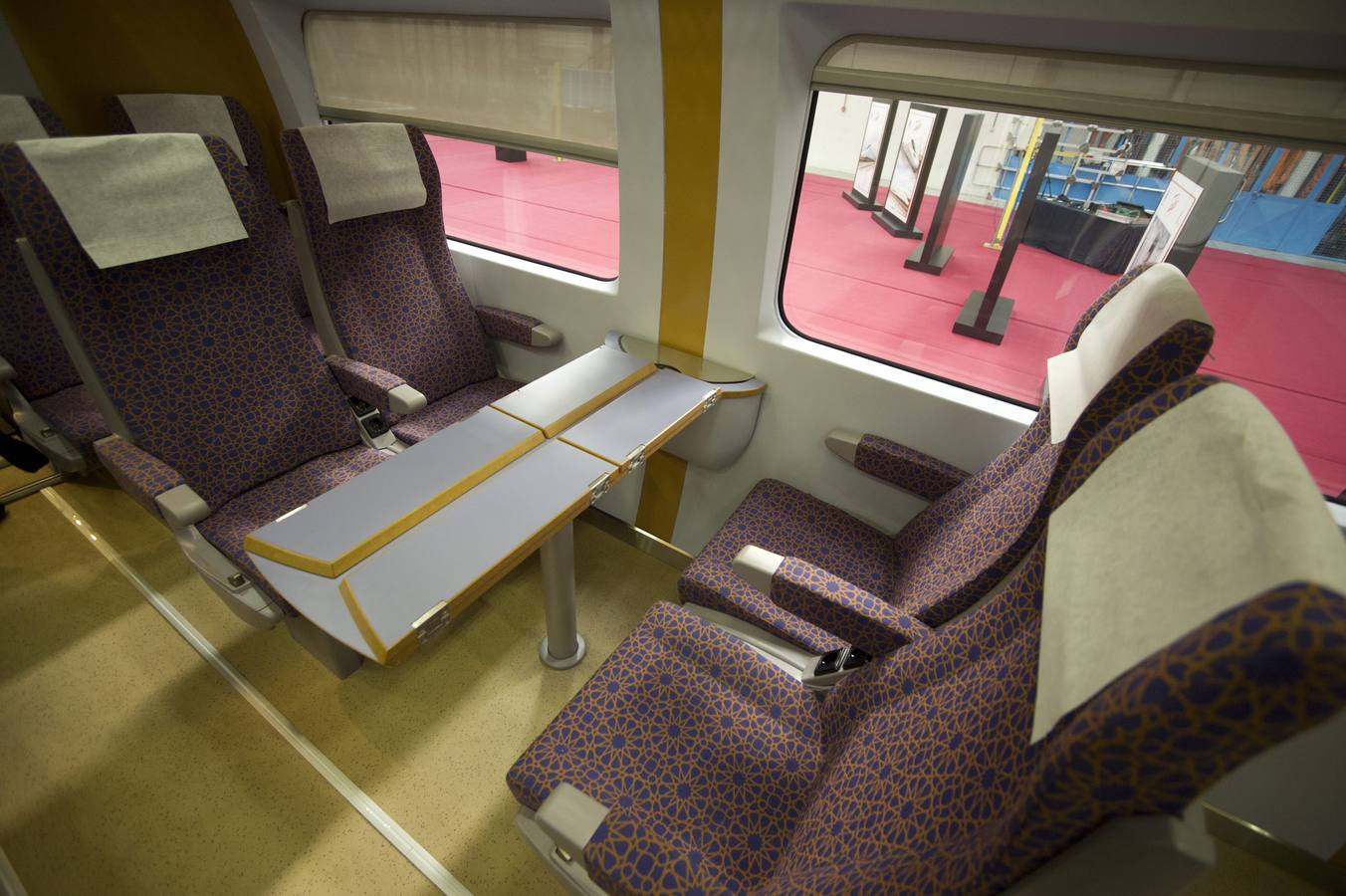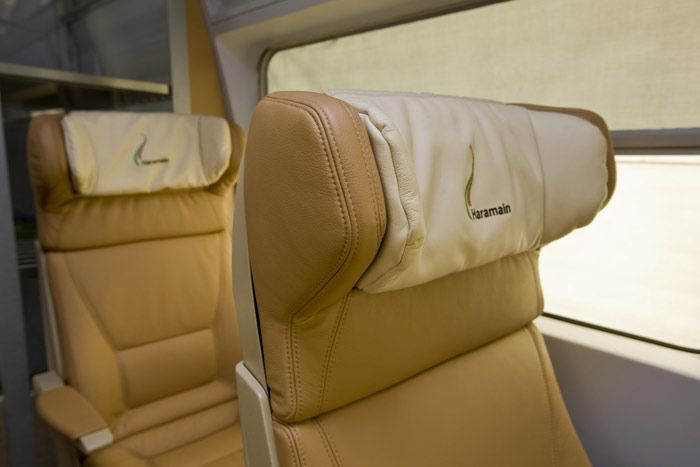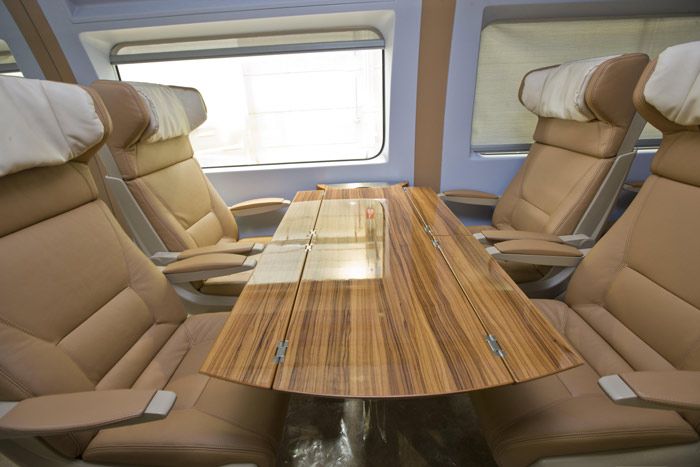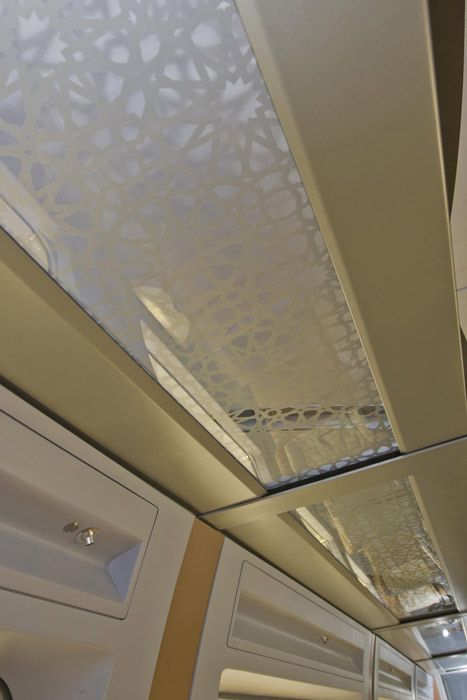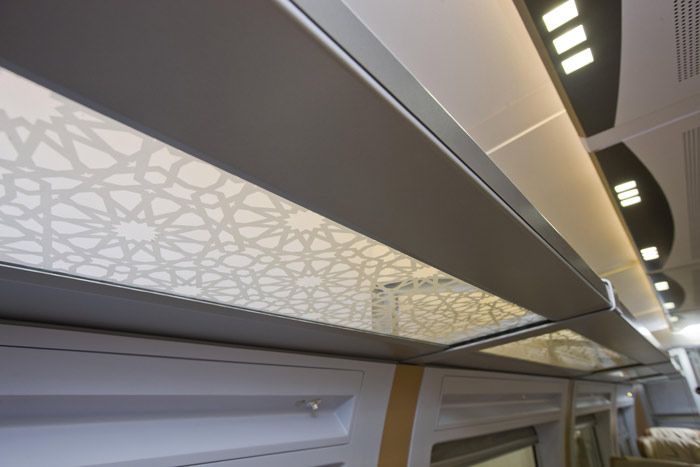2012 Master's Graduate Paves Way for Saudi Scholars

Hashim Kamakhi was an industrial chemistry engineering student at the University of New South Wales in Australia when he first heard about KAUST in 2009. Born in Madinah, Saudi Arabia, he was immediately drawn to KAUST's bold aspiration of advancing science, technology, and economic development in his home country. After completing his bachelor's degree overseas, he returned to Saudi Arabia and sought the opportunity to contribute to the King's dream.
Kamakhi came to KAUST through the Saudi Development Program (SDP), an initiative of KAUST that identifies top Saudi talent for employment at the University. SDP is an 18-month acceleration program that attracts promising new graduates and provides the necessary coaching and support to transition participants into high-performing professionals equipped with relevant on-the-job skills.
Kamakhi's interest in water chemistry and technology made him an ideal candidate for the Analytical Core Lab (ACL). "Working as a research technician trainee exposed me to the amazing facilities at KAUST and I was able to gain valuable experience using highly technical equipment," said Kamakhi. "During my training rotation in ACL, I initially worked in the wet chemistry section performing sample analyses using instruments such as an elemental analyzer, photometric analyzer (Aquakem), and Total Organic Carbon (TOC). At a later stage of my rotation, I was responsible for the spectroscopy section assisting lab users and training them to use FT-IR, UV-Vis, and Raman Spectroscopy instruments."
Over the course of working in the lab and training students in analytical instruments and techniques, it become clear to Kamakhi that he had a growing interest in the University's master's program. "I was gaining valuable lab experience, but hearing students talk about their coursework and inspired professors, I realized I had a desire to return to the classroom to further complement my hands-on skills," Kamakhi said.
Once accepted to the chemical and biological engineering program, he made the complete transition to master's student. Delving into his studies and the application development side of water desalination technology, Kamakhi had the opportunity to gain experience with
The Dow Chemical Company, a founding industrial partner of KAUST. "Last summer I spent an enriching three-month internship at the Dow Water and Process Solution (DW&PS) center in Tarragona, Spain. It was greatly beneficial and helped me shape my career path goals in research and development," remarks Kamakhi.
As a Class of 2012 graduate, Kamakhi will join The Dow Chemical Company as an application development engineer at the Dow Middle East and Africa R&D Center at KAUST. "Water technology is my passion - particularly membrane applications. There are endless opportunities associated with membrane technology and I am thankful for being enabled through my experience and education at KAUST to be a part of the global solution."
KAUST





































